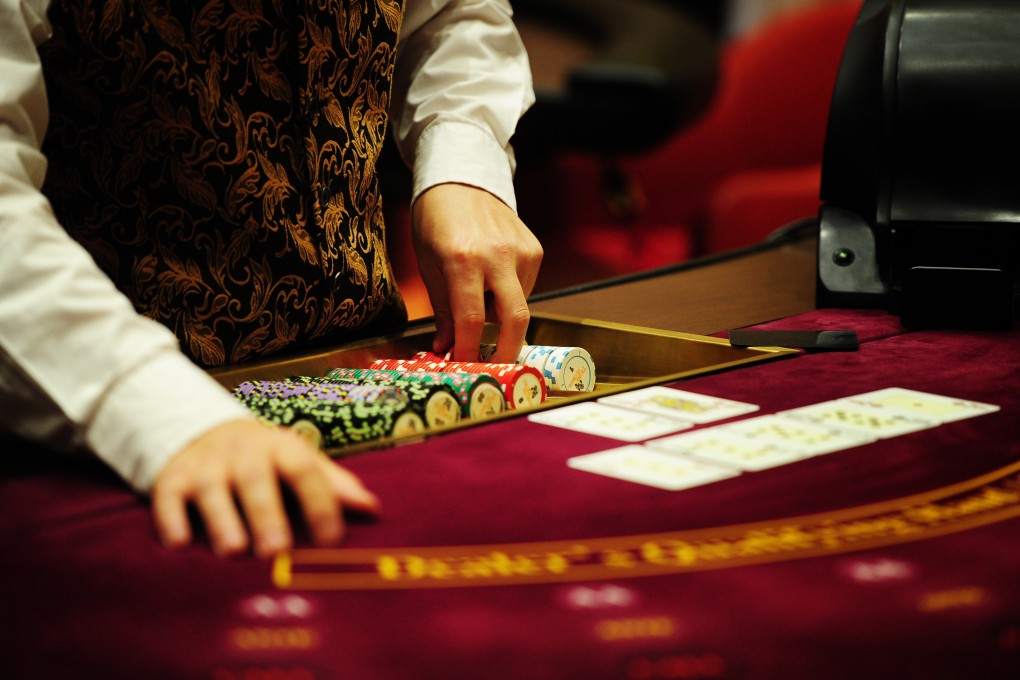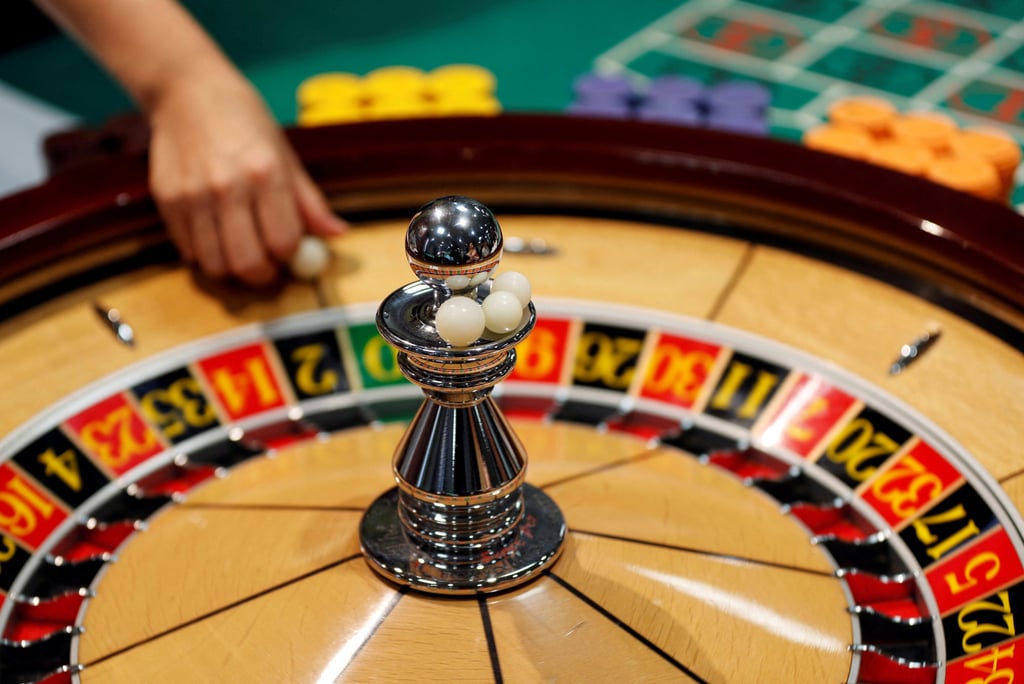Advertisement
Japan approves Osaka as site of country’s first casino amid problem gambling concerns
- Casinos were previously illegal in Japan along with other private gambling, but a 2018 law provided exception to casino games such as poker or baccarat
- Opponents of the long-controversial plan are expected to continue campaign to halt construction on island of Yumeshima ahead of its late-2029 scheduled opening
3-MIN READ3-MIN
2

Japan on Friday approved a plan to build the country’s first casino in the western city of Osaka, paving the way for a large resort aimed at attracting domestic and international tourist spending.
Put forth by the city and Osaka prefecture, the project aims to open a casino, conference centre and other facilities in 2029 with 1.8 trillion yen ($13.5 billion) of initial investment.
MGM Resorts International and local partner Orix Corp are spearheading the project, with each owning a 40 per cent stake in the company set up to manage the complex.
Advertisement
Another 20 companies including Osaka-based Panasonic, Kansai Electric Power and West Japan Railway hold the remaining 20 per cent stake, according to a local government document.

The plan has long been controversial and opponents are expected to continue their campaign to halt construction on the man-made island of Yumeshima ahead of its scheduled opening.
Advertisement
Advertisement
Select Voice
Select Speed
1.00x